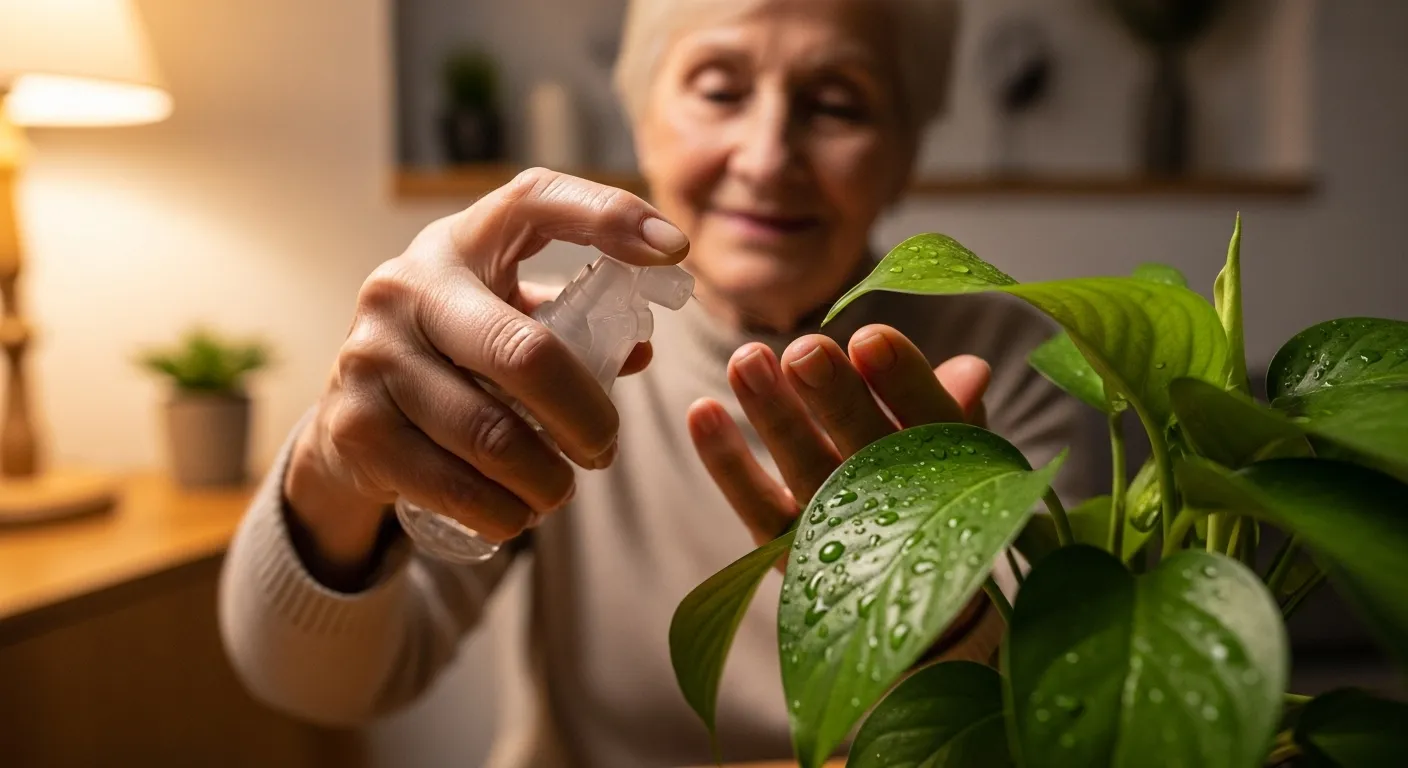
Key Signs It’s Time to Consult a Doctor
It is absolutely essential to remember that you should never self-diagnose a vitamin deficiency. The symptoms can be vague and overlap with other health conditions. The following are potential signs that warrant a conversation with your healthcare provider. They can perform simple blood tests to accurately diagnose any nutrient deficiencies and recommend a safe course of action.

Persistent Fatigue or Weakness
Feeling tired from time to time is normal. But if you experience overwhelming fatigue that doesn’t improve with rest, it could be a sign of anemia caused by a deficiency in vitamin B12 or iron. General muscle weakness can also be linked to low vitamin D levels.
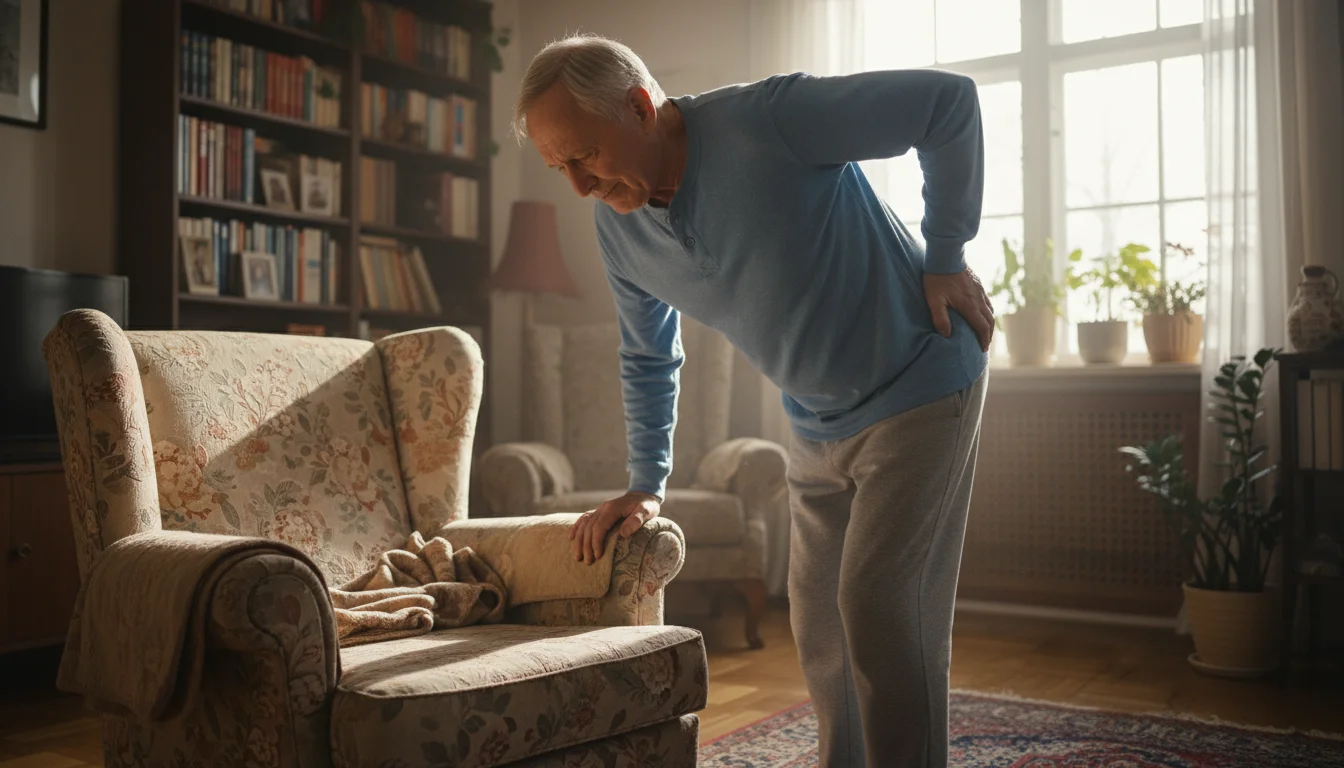
Bone, Joint, or Muscle Aches
Chronic aches and pains, especially in your bones and lower back, can be a subtle sign of inadequate vitamin D. Since vitamin D is crucial for calcium absorption, a deficiency can lead to bone softening, a condition called osteomalacia, which causes pain.

Numbness or Tingling Sensations
A persistent “pins and needles” feeling, numbness, or tingling in your hands, legs, or feet is a significant neurological symptom. This can be a sign of a severe vitamin B12 deficiency, as B12 is vital for the protective sheath that covers your nerves.

Memory Issues or Confusion
While some memory changes can be a normal part of aging, sudden confusion, difficulty concentrating, or significant memory problems should be evaluated immediately. A severe B12 deficiency can sometimes mimic symptoms of dementia. It’s important to rule out a reversible nutritional cause. For concerns about cognitive or mental health, you can consult the National Institute of Mental Health (NIMH) for resources.
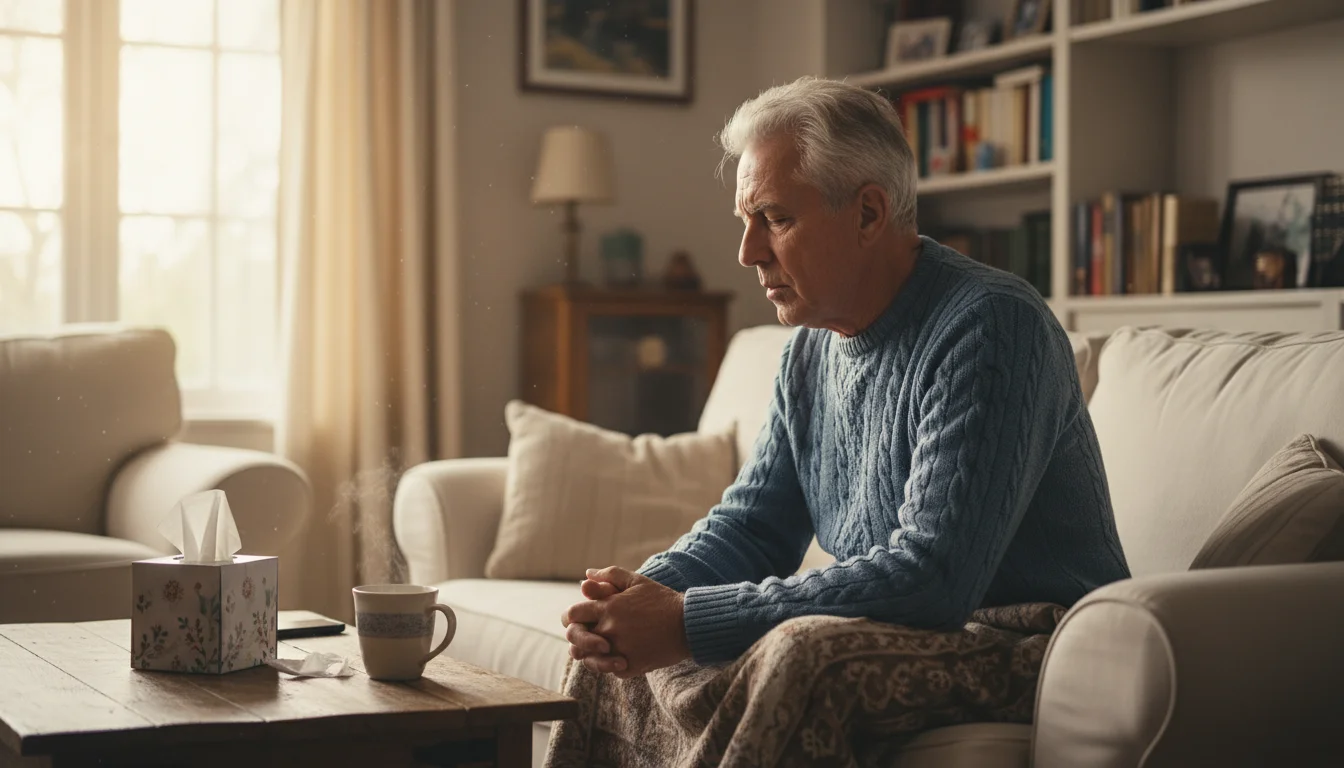
Frequent Illness or Infections
If you find yourself catching every cold that goes around, it might be a sign that your immune system is not at its best. Vitamins C and D are key players in immune health, and a lack of them can leave you more susceptible to infections.
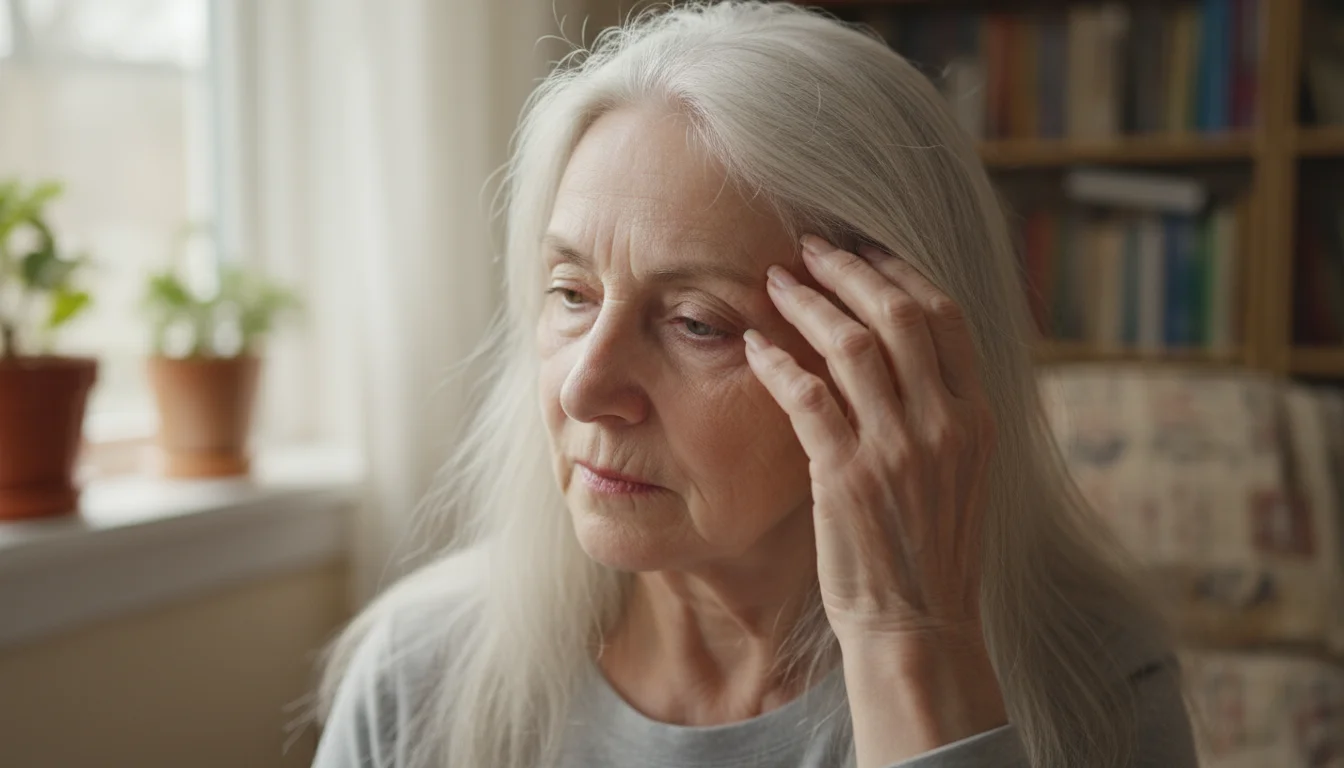
Brittle Hair and Nails or Pale Skin
Changes in your physical appearance can also be clues. Unusually pale or yellowish skin can be a sign of B12 deficiency anemia. Brittle hair and nails that break easily can sometimes be linked to a lack of biotin (a B vitamin) or iron.
If you experience any of these symptoms, please schedule an appointment with your doctor. Do not start taking high-dose supplements in an attempt to fix the problem yourself. Proper diagnosis is the first and most important step toward feeling better safely.


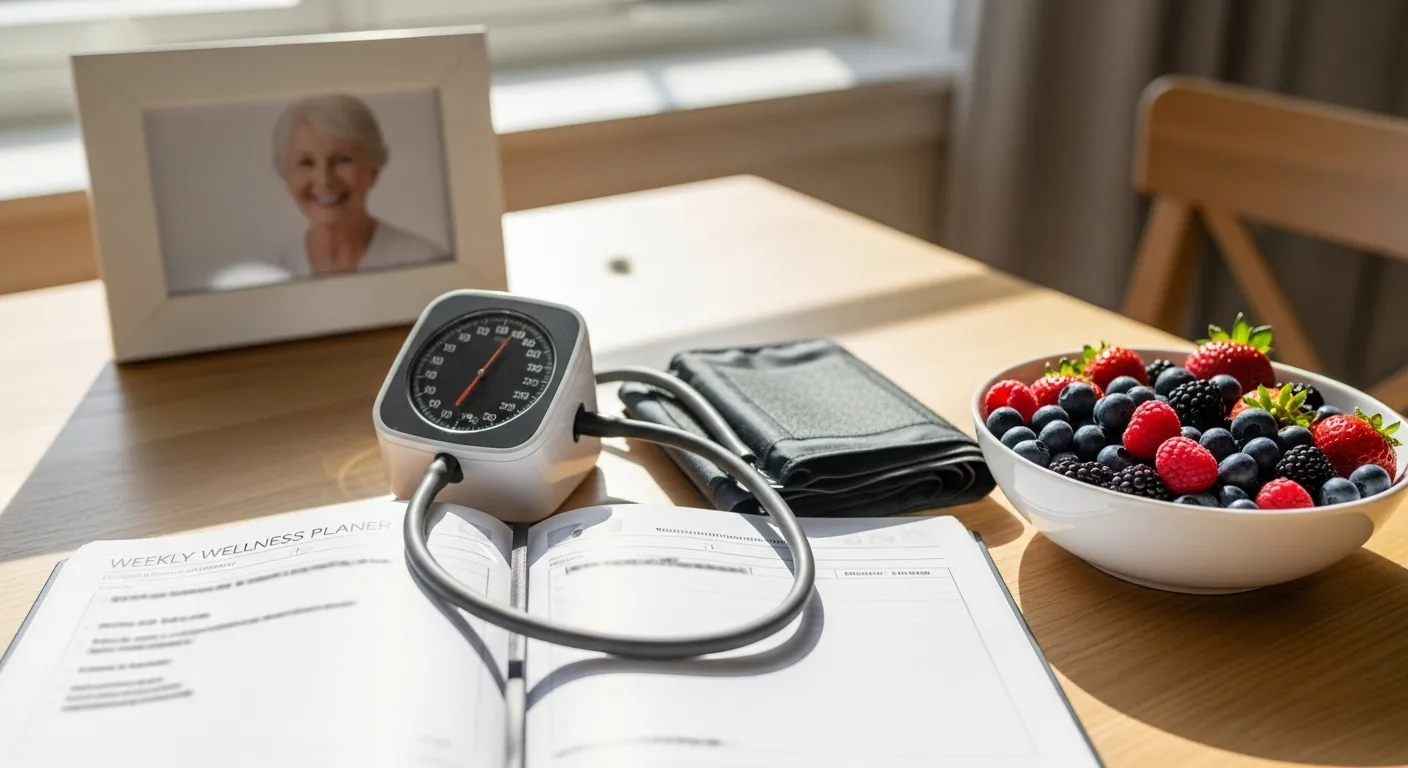



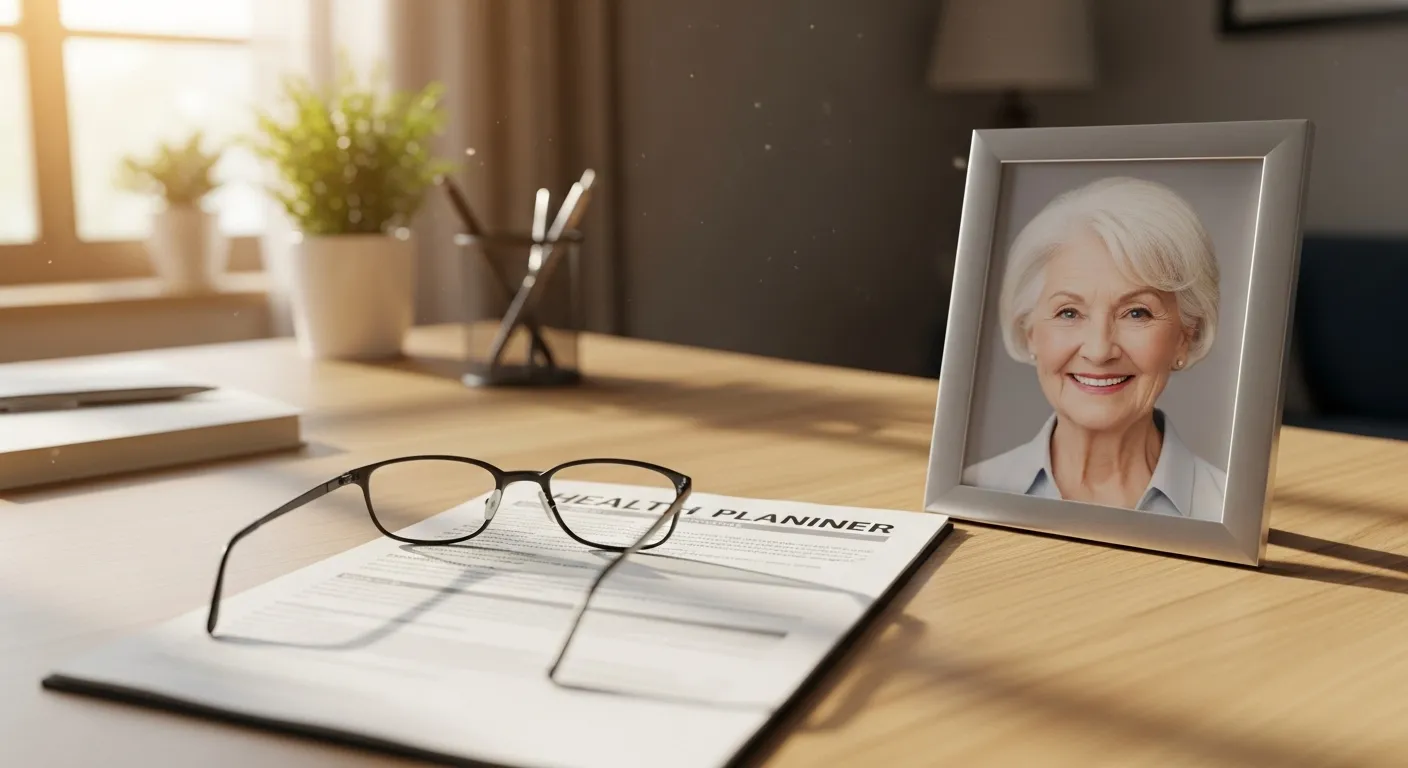
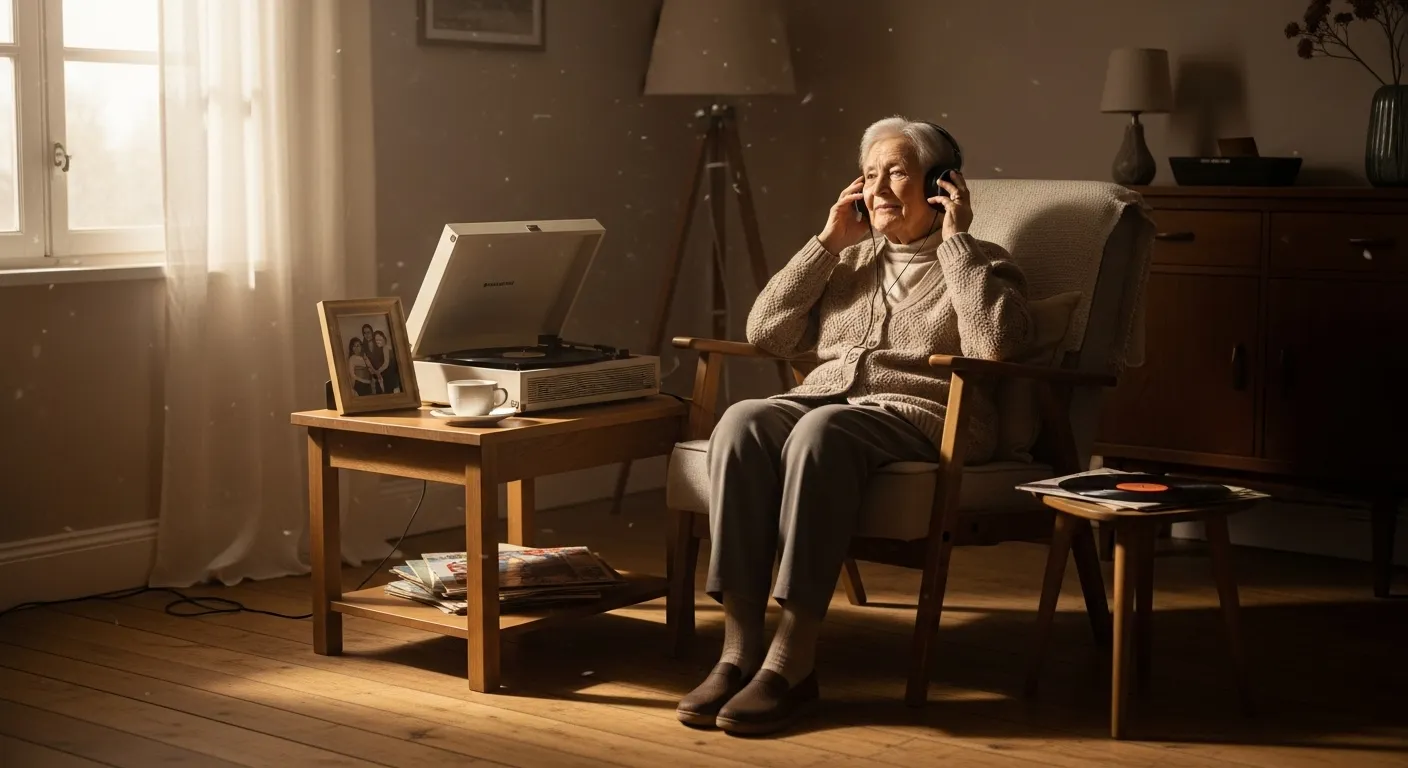

Leave a Reply